7 Best Books About Totalitarianism
Discover a curated collection of insightful books on totalitarianism, exploring the dark depths of oppressive regimes and their impact on society.
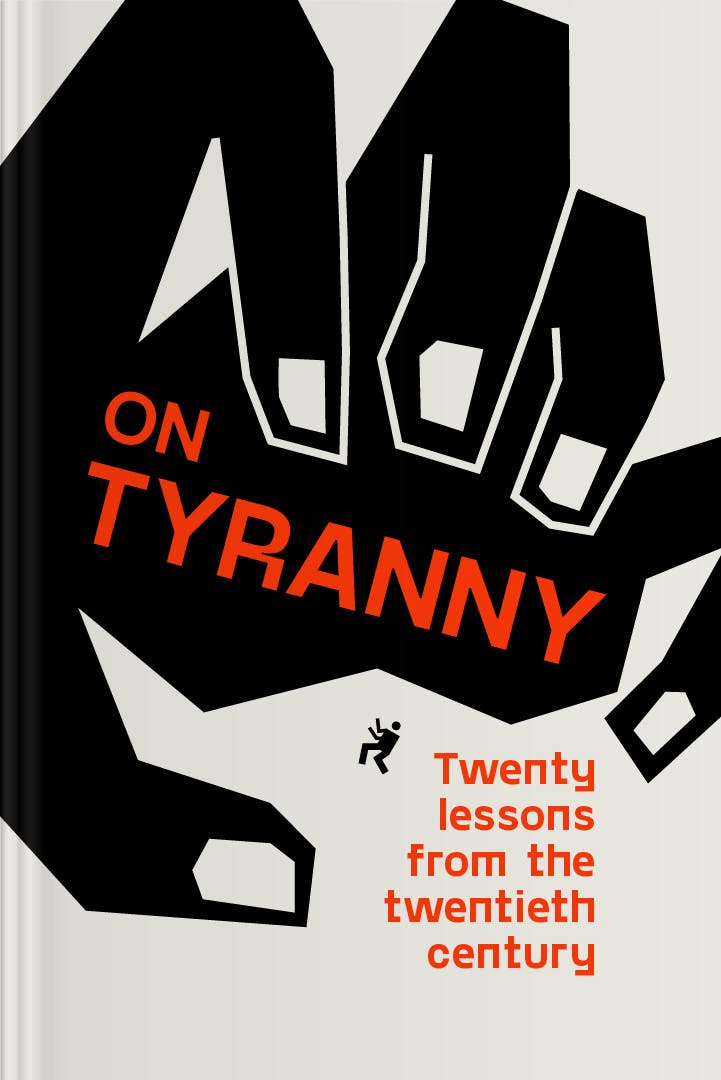 1
1On Tyranny
by Timothy Snyder
What is On Tyranny about?
In this thought-provoking book, a renowned historian draws parallels between the rise of authoritarian regimes in the past and the present, offering twenty invaluable lessons to safeguard democracy. Timothy Snyder's insightful analysis explores the dangers of complacency, the importance of truth, and the power of individual actions in resisting tyranny. With a compelling blend of historical examples and contemporary relevance, this book serves as a timely guide to protect democratic values in an increasingly uncertain world.
Who should read On Tyranny
History enthusiasts seeking to understand the dangers of authoritarianism.
Citizens concerned about preserving democracy and preventing tyranny.
Students studying political science and modern world history.
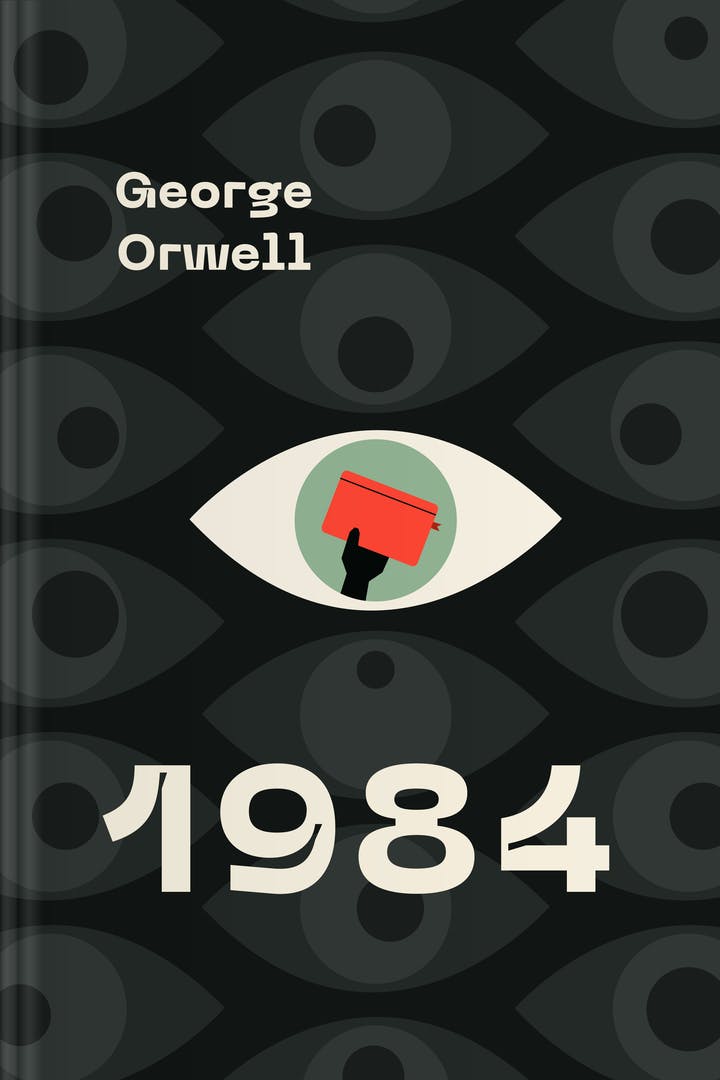 2
21984
by George Orwell
What is 1984 about?
In a dystopian society ruled by a totalitarian regime, Winston Smith, a low-ranking member of the ruling Party, rebels against the oppressive system. As he navigates a world of constant surveillance and propaganda, Winston begins to question the truth and his own identity. George Orwell's iconic novel, set in the year 1984, explores themes of government control, manipulation, and the struggle for individual freedom in a chilling and thought-provoking manner.
Who should read 1984
Fans of dystopian literature seeking a thought-provoking and chilling read.
History enthusiasts interested in exploring the dangers of totalitarianism.
Individuals concerned about the erosion of privacy and government surveillance.
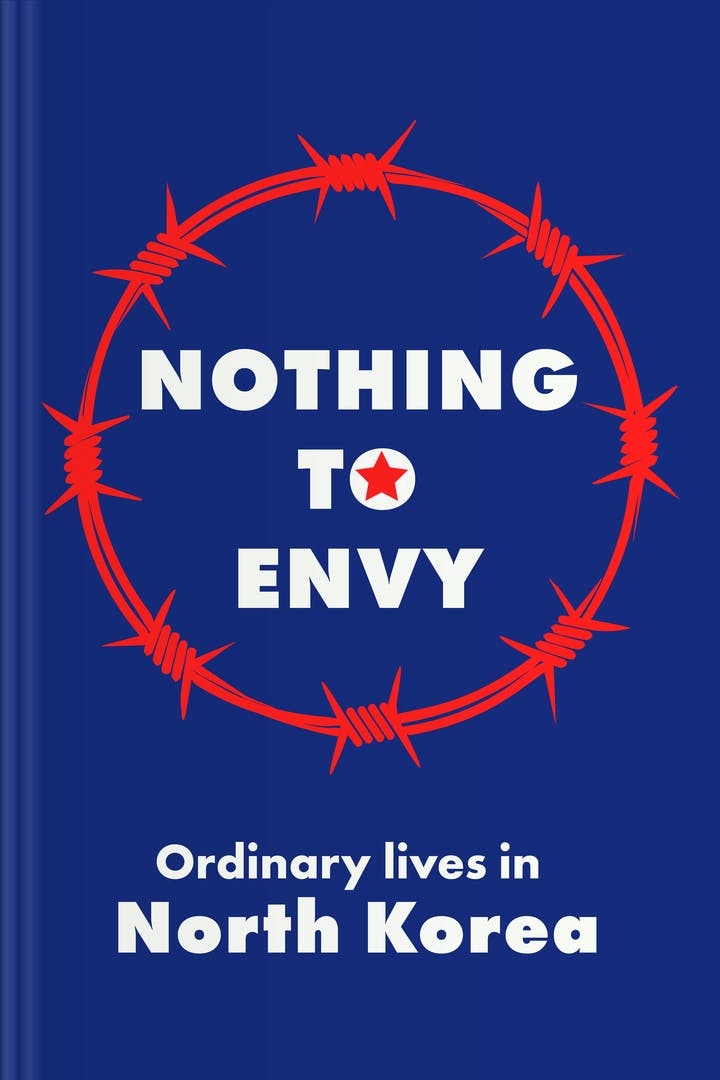 3
3Nothing to Envy
by Barbara Demick
What is Nothing to Envy about?
"Nothing to Envy: Ordinary Lives in North Korea" offers a gripping and eye-opening account of life in one of the world's most secretive and oppressive regimes. Through the personal stories of six North Korean citizens, journalist Barbara Demick unveils the harsh realities of poverty, propaganda, and political control that shape their everyday existence. This powerful narrative sheds light on the resilience and determination of ordinary people living under an authoritarian regime, providing a rare glimpse into a hidden world.
Who should read Nothing to Envy
Individuals interested in gaining insight into the lives of ordinary North Koreans.
History enthusiasts seeking a deeper understanding of North Korea's society.
Those curious about the human stories behind North Korea's political regime.
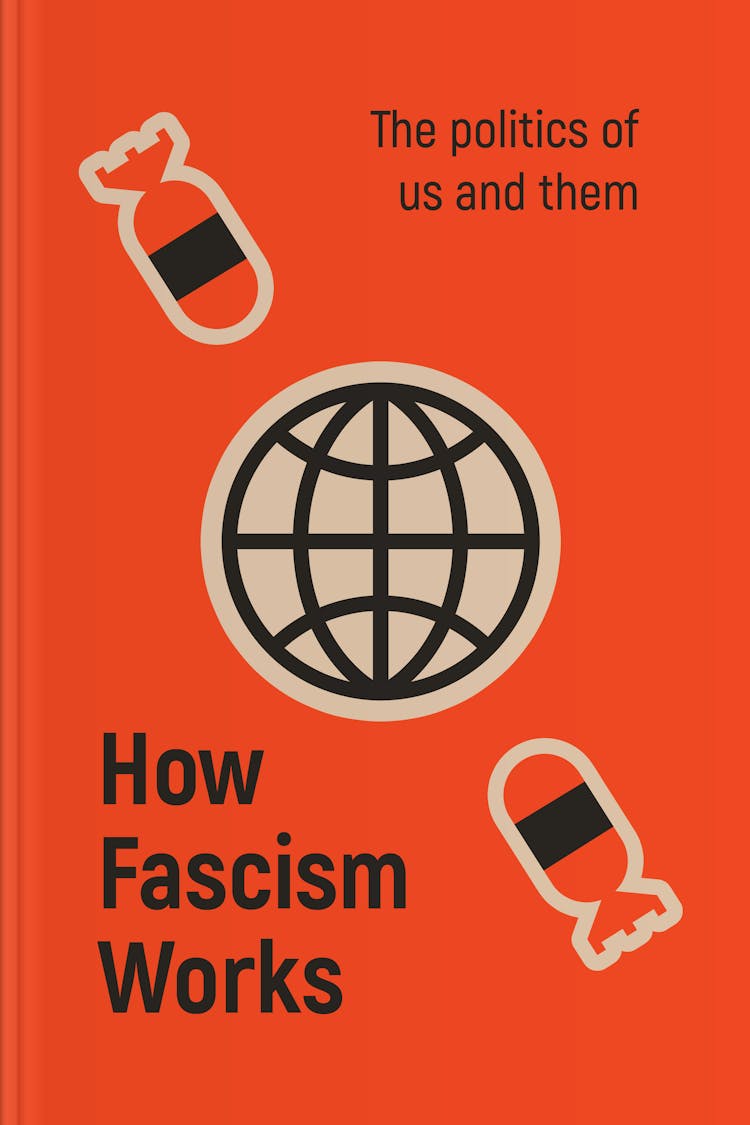 4
4How Fascism Works
by Jason Stanley
What is How Fascism Works about?
In this thought-provoking book, the author delves into the intricate workings of fascism, exploring its underlying principles and tactics. Through a comprehensive analysis, he reveals how fascist ideologies manipulate language, exploit fear, and target vulnerable groups to gain power. Drawing on historical examples and contemporary politics, Stanley offers a compelling examination of the dangerous rise of fascism and its impact on society, urging readers to recognize its signs and actively resist its divisive tactics.
Who should read How Fascism Works
Individuals interested in understanding the historical and contemporary manifestations of fascism.
Political science students seeking a comprehensive analysis of fascist ideologies.
Citizens concerned about the rise of authoritarianism and its implications.
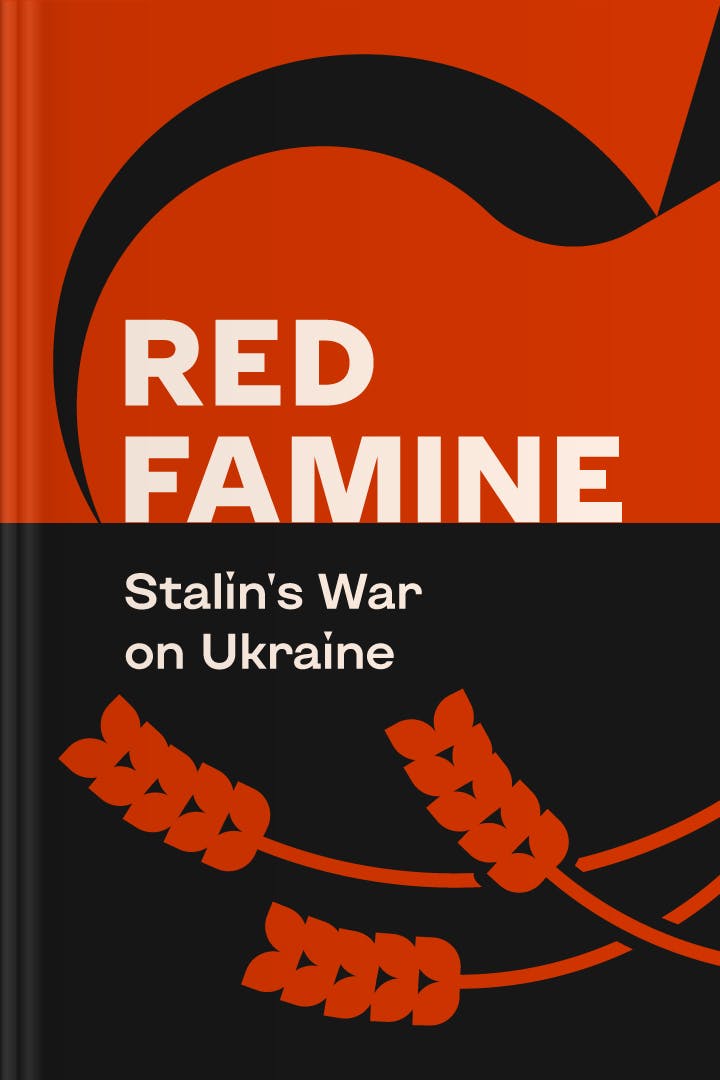 5
5Red Famine
by Anne Applebaum
What is Red Famine about?
"Red Famine: Stalin's War on Ukraine" by Anne Applebaum delves into the devastating man-made famine that occurred in Ukraine during the 1930s. Through meticulous research and firsthand accounts, Applebaum exposes Stalin's deliberate policies that led to the deaths of millions of Ukrainians. This gripping narrative sheds light on the political motivations, agricultural collectivization, and the tragic consequences of this forgotten chapter in history, offering a comprehensive understanding of the Ukrainian famine under Soviet rule.
Who should read Red Famine
History enthusiasts interested in understanding Stalin's devastating impact on Ukraine.
Scholars and researchers studying Soviet history and totalitarian regimes.
Individuals seeking to learn about lesser-known atrocities of the 20th century.
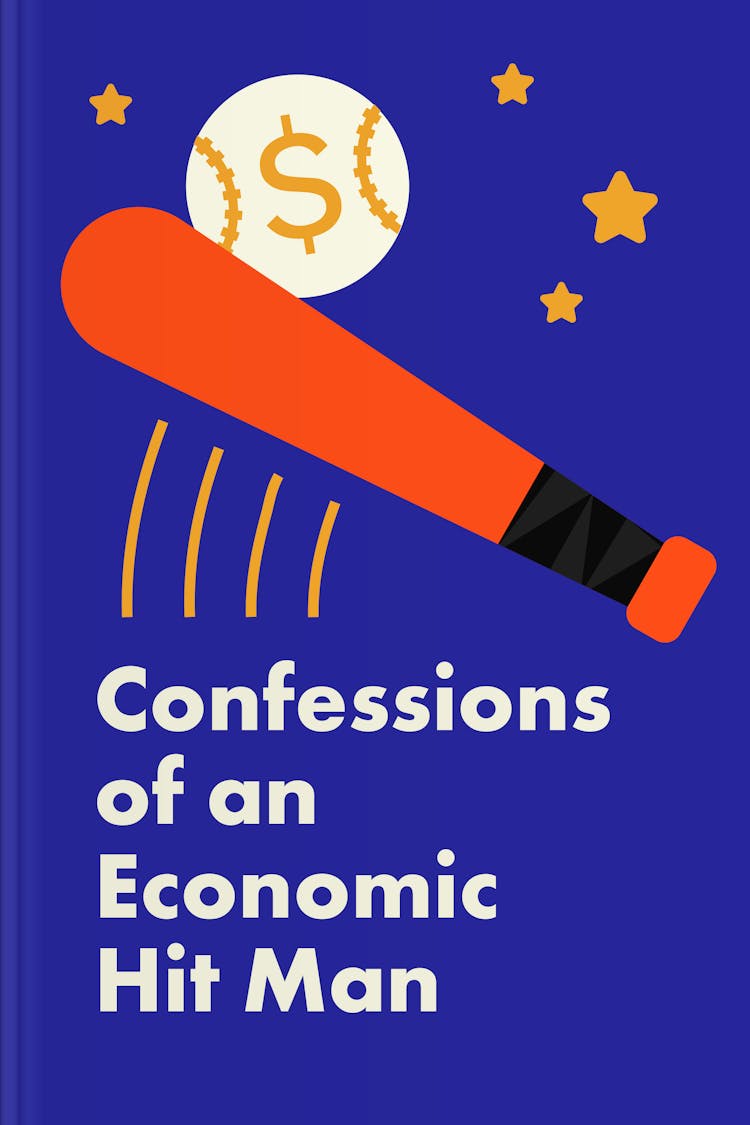 6
6The New Confessions of an Economic Hit Man
by John Perkins
What is The New Confessions of an Economic Hit Man about?
"The New Confessions of an Economic Hit Man" is a gripping memoir that unveils the dark underbelly of global economics. Written by a former insider, the book exposes the clandestine world of economic hit men who manipulate governments and exploit developing nations for the benefit of corporations and the elite. With shocking revelations and personal anecdotes, the author sheds light on the destructive forces that shape our world and offers a call to action for a more just and sustainable future.
Who should read The New Confessions of an Economic Hit Man
Economists and policymakers seeking insights into global economic manipulation.
Activists and social justice advocates interested in exposing corporate corruption.
Individuals curious about the hidden forces shaping our world economy.
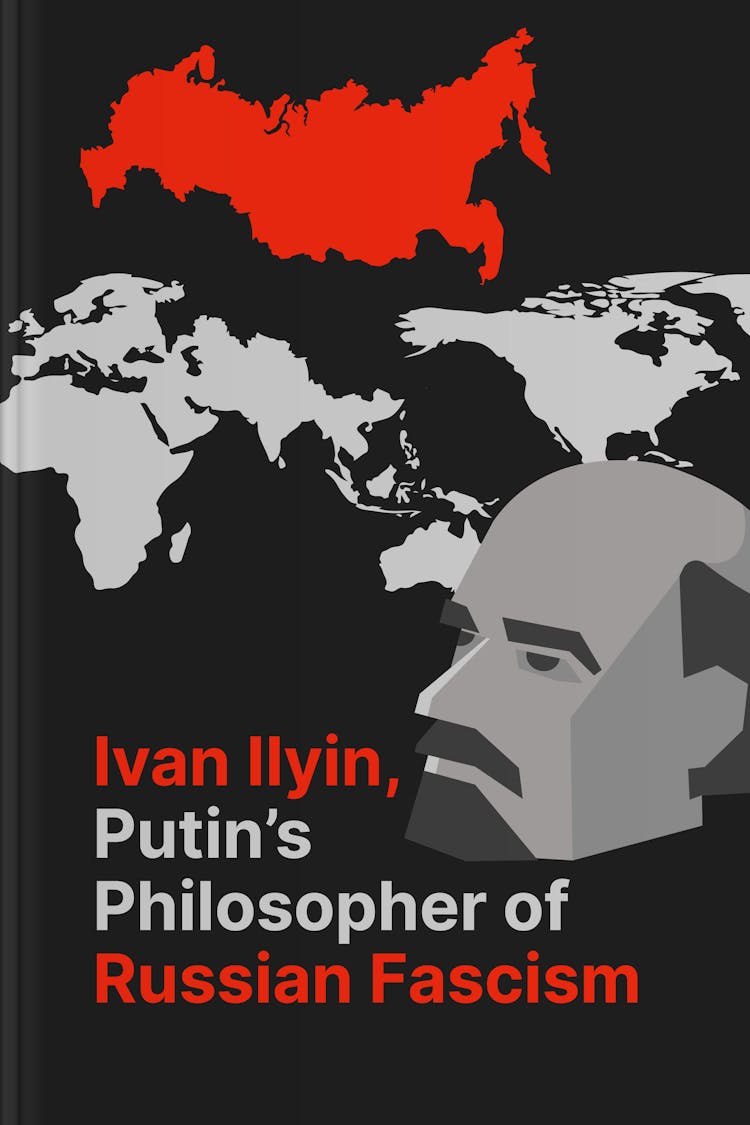 7
7Ivan Ilyin, Putin’s Philosopher of Russian Fascism
by Timothy Snyder
What is Ivan Ilyin, Putin’s Philosopher of Russian Fascism about?
"Ivan Ilyin, Putin’s Philosopher of Russian Fascism" by Timothy Snyder delves into the life and ideology of Ivan Ilyin, a prominent Russian philosopher who greatly influenced Vladimir Putin's political beliefs. Snyder critically examines Ilyin's writings and their impact on Putin's regime, shedding light on the rise of Russian nationalism and the resurgence of authoritarianism in contemporary Russia. This thought-provoking book offers valuable insights into the intellectual underpinnings of Putin's rule and its implications for Russia and the world.
Who should read Ivan Ilyin, Putin’s Philosopher of Russian Fascism
Scholars and researchers interested in understanding the intellectual roots of Putin's regime.
History enthusiasts seeking insights into the influence of Ivan Ilyin on contemporary Russian politics.
Individuals curious about the ideological underpinnings of Russian fascism.
